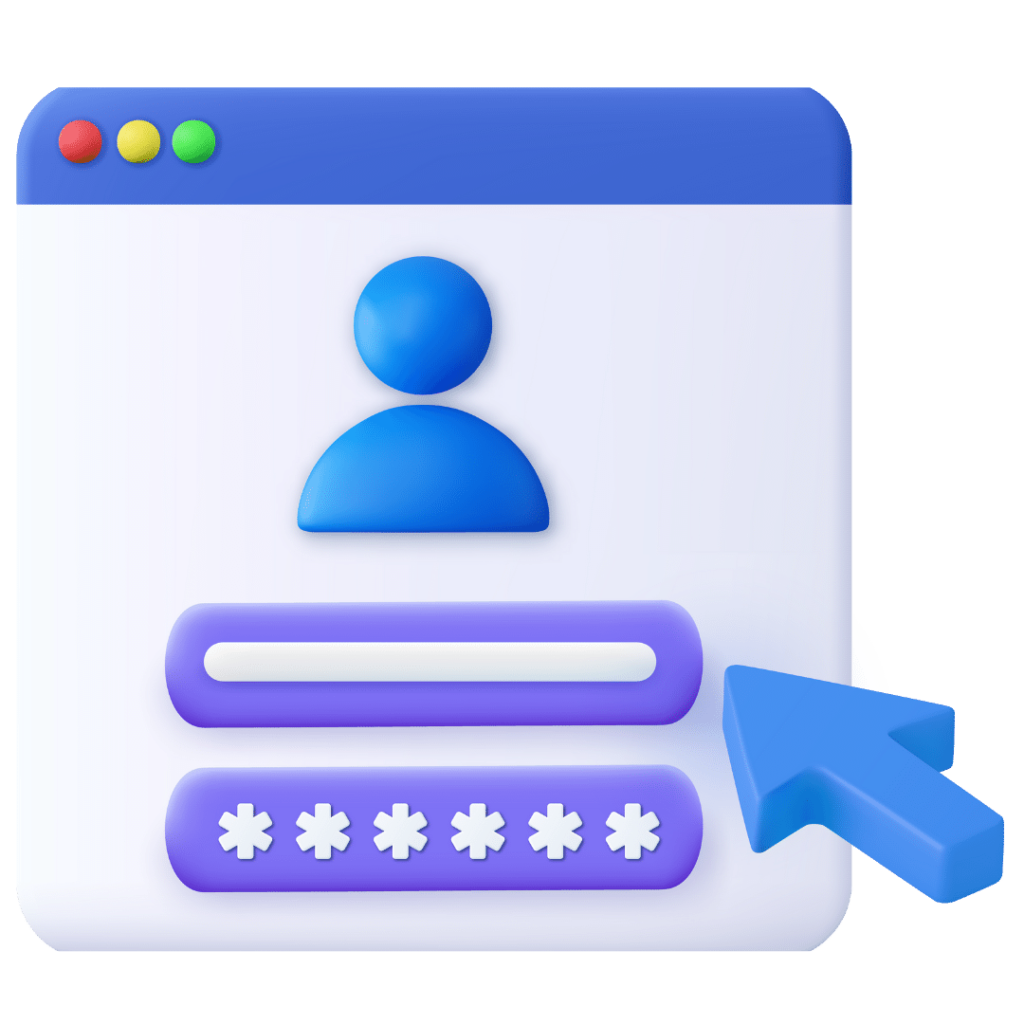In today’s digital age, where technology seamlessly intertwines with our daily lives, the healthcare industry stands at the forefront of innovation. From electronic medical records to telemedicine services, technology has revolutionized the way healthcare is delivered. However, alongside these advancements comes the critical need for cybersecurity to safeguard sensitive patient information and ensure the integrity of healthcare systems.
The Crucial Role of Cybersecurity
Imagine your medical records falling into the wrong hands or hackers gaining access to your personal health information. Such breaches not only jeopardize patient privacy but also undermine trust in healthcare institutions. Cybersecurity serves as a shield against these threats, protecting patient data from unauthorized access, theft, or tampering.
In the healthcare industry, cybersecurity plays a multifaceted role:

Protecting Patient Privacy
Cybersecurity measures, such as encryption and access controls, safeguard patient records from unauthorized viewing or disclosure. This ensures that sensitive information remains confidential and compliant with regulations like the Health Insurance Portability and Accountability Act (HIPAA).

Preventing Data Breaches
Healthcare organizations face constant threats from cybercriminals seeking to exploit vulnerabilities in their systems. Robust cybersecurity protocols, including firewalls and intrusion detection systems, help detect and thwart potential attacks, minimizing the risk of data breaches.

Ensuring Continuity of Care
In the event of a cyberattack or system outage, patient care could be severely impacted. By implementing backup systems and disaster recovery plans, healthcare providers can maintain uninterrupted access to critical patient information, ensuring continuity of care even in the face of adversity.

Safeguarding Medical Devices
With the rise of connected medical devices, such as pacemakers and insulin pumps, cybersecurity becomes paramount. Vulnerabilities in these devices could be exploited to manipulate patient treatment or disrupt medical operations. Implementing security measures in these devices helps mitigate such risks and ensures patient safety.
Implementation of Cybersecurity in Healthcare
Implementing cybersecurity in the healthcare industry involves a combination of technology, policies, and training:

Employee Training
Human error remains one of the leading causes of data breaches. Comprehensive training programs educate healthcare staff about cybersecurity best practices, such as recognizing phishing attempts and handling patient data securely.
Secure IT Infrastructure
Healthcare organizations must invest in secure IT infrastructure, including robust network security, encrypted databases, and regularly updated software systems to mitigate vulnerabilities.


Partnership with Cybersecurity Experts
Many healthcare organizations collaborate with cybersecurity firms to conduct risk assessments, identify vulnerabilities, and develop tailored security solutions to protect their systems and data effectively.
Regulatory Compliance
Compliance with regulations such as HIPAA is non-negotiable in the healthcare sector. Organizations must adhere to strict data protection standards and regularly undergo audits to ensure compliance and avoid hefty fines.


Employee Training
Human error remains one of the leading causes of data breaches. Comprehensive training programs educate healthcare staff about cybersecurity best practices, such as recognizing phishing attempts and handling patient data securely.

Secure IT Infrastructure
Healthcare organizations must invest in secure IT infrastructure, including robust network security, encrypted databases, and regularly updated software systems to mitigate vulnerabilities.

Partnership with Cybersecurity Experts
Many healthcare organizations collaborate with cybersecurity firms to conduct risk assessments, identify vulnerabilities, and develop tailored security solutions to protect their systems and data effectively.

Regulatory Compliance
Compliance with regulations such as HIPAA is non-negotiable in the healthcare sector. Organizations must adhere to strict data protection standards and regularly undergo audits to ensure compliance and avoid hefty fines.
The Future of Cybersecurity in Healthcare
As technology continues to evolve, so do the challenges posed by cyber threats. The future of cybersecurity in healthcare will likely see advancements in artificial intelligence and machine learning to detect and respond to security breaches in real-time. Additionally, the emergence of blockchain technology holds promise for enhancing the security and integrity of patient records.
In conclusion, cybersecurity is not merely a necessity but a fundamental pillar of healthcare delivery in the digital age. By prioritizing the protection of patient data and investing in robust security measures, healthcare organizations can uphold trust, ensure patient privacy, and safeguard the integrity of medical systems for generations to come.
Need penetration testing for your digital asset?
If yes, please fill the 'Get a Quote' form and submit it. Our security expert will be reaching you directly and take it forward.
